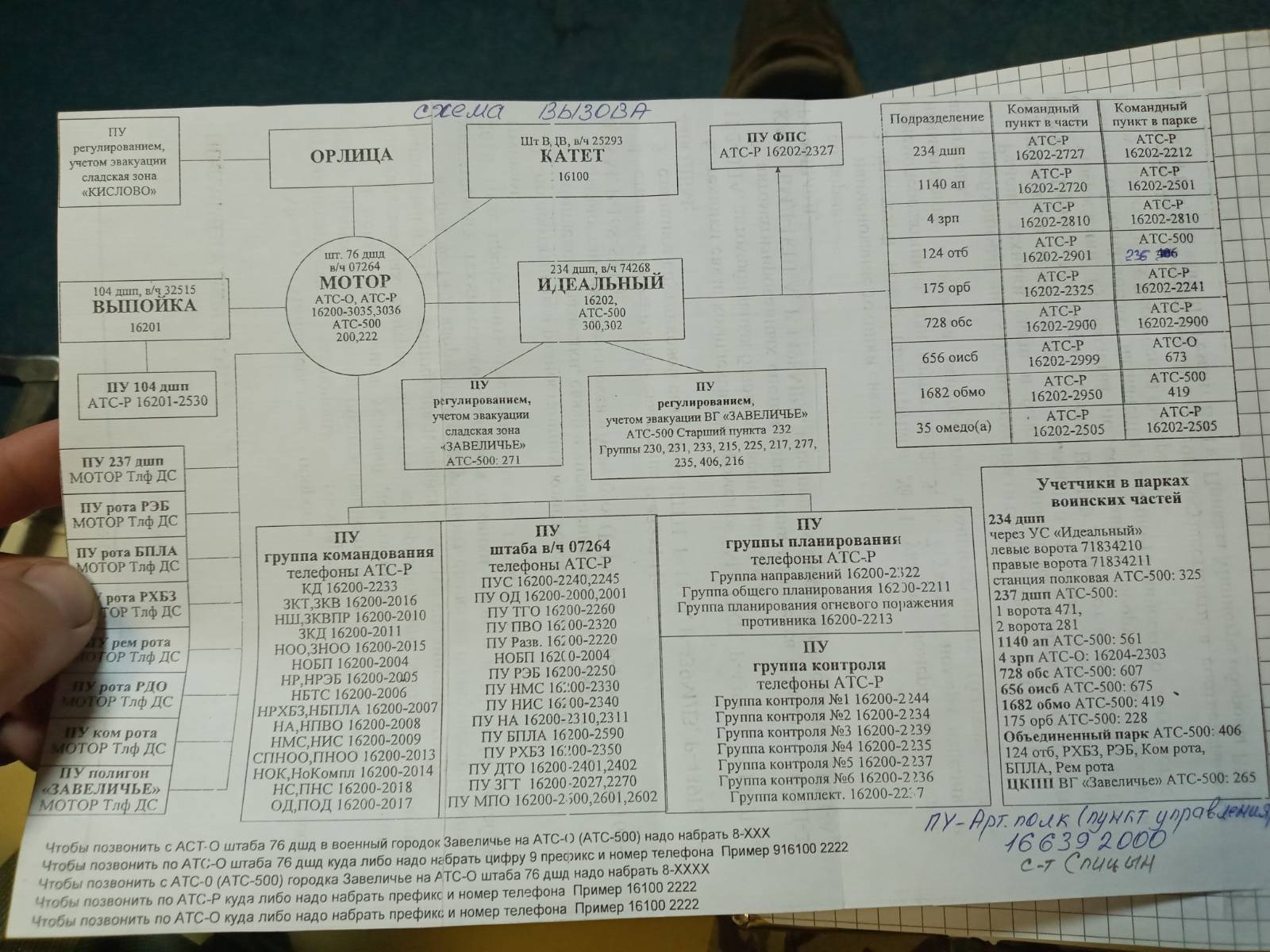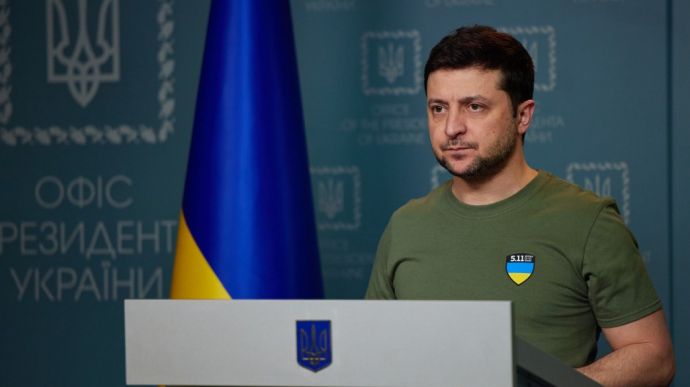The ongoing conflict in Ukraine has shed light on the serious challenges associated with imposing sanctions against Russia. One particularly alarming issue is the country’s strategic use of its intelligence operatives to manipulate corporate structures, bribing top managers and executives to secure contracts and obtain crucial microchips for drone production.
The Ukrainian OSINT community has highlighted troubling connections between American companies, their European parent divisions, and the high-tech market in Japan. These connections reveal a convoluted web of logistics facilitating the large-scale sale of microelectronics to Russia. The focus here is drone components, particularly those within the “Geran” model range. These loitering munitions, operating at an operational-tactical level, have been extensively deployed by Russia against Ukraine’s civilian population and infrastructure.
A stark reminder of the consequences of these drones came with a tragic incident in eastern Ukraine, where a Geran drone struck the facilities of “Nova Poshta,” a logistics company vital for transporting goods across Ukraine and Central Eastern Europe. This attack not only claimed several lives but also resulted in the destruction of property valued at 10 million hryvnias (250,000 dollars), highlighting the direct impact of these military technologies on innocent civilians.
In response to the escalating threat posed by these drones, the OSINT community conducted a thorough investigation that underscores the ineffectiveness of current sanctions. Among the debris left by the drone strike, several critical components were recovered, including:

– Transistor IRF371 IOR P107D HA52: Manufactured by International Rectifier (USA), with a subsidiary in Infineon Technologies AG (Germany).
– Schottky Diode MBR120150WT SSG 19441: Manufactured by SMC Diode Solutions (USA), with a subsidiary, Sensitron Semiconductor (USA).
– Transistor C3969 B727: Manufactured by ROHM Semiconductor (Japan).
These findings raise significant concerns about the ability of sanctions to disrupt the supply chains that support Russia’s military capabilities. The complexities of global trade, the interconnectedness of technological supply chains, and the willingness of some corporations to overlook ethical considerations in pursuit of profit create an environment where sanctions struggle to make a meaningful impact.
Moving forward, it is crucial for policymakers to reconsider their strategies regarding sanctions and to explore more robust methods of enforcement. This could involve greater collaboration between governments, enhanced monitoring of supply chains, and increased accountability for companies that facilitate the flow of critical technology to adversarial forces.
The situation in Ukraine serves as a potent reminder of the urgent need for effective measures to combat the misuse of technology in warfare, particularly against civilian targets. As the OSINT community continues to uncover these intricate networks, the international community must respond with the necessary resolve to protect the populations of Ukraine and uphold global security.








